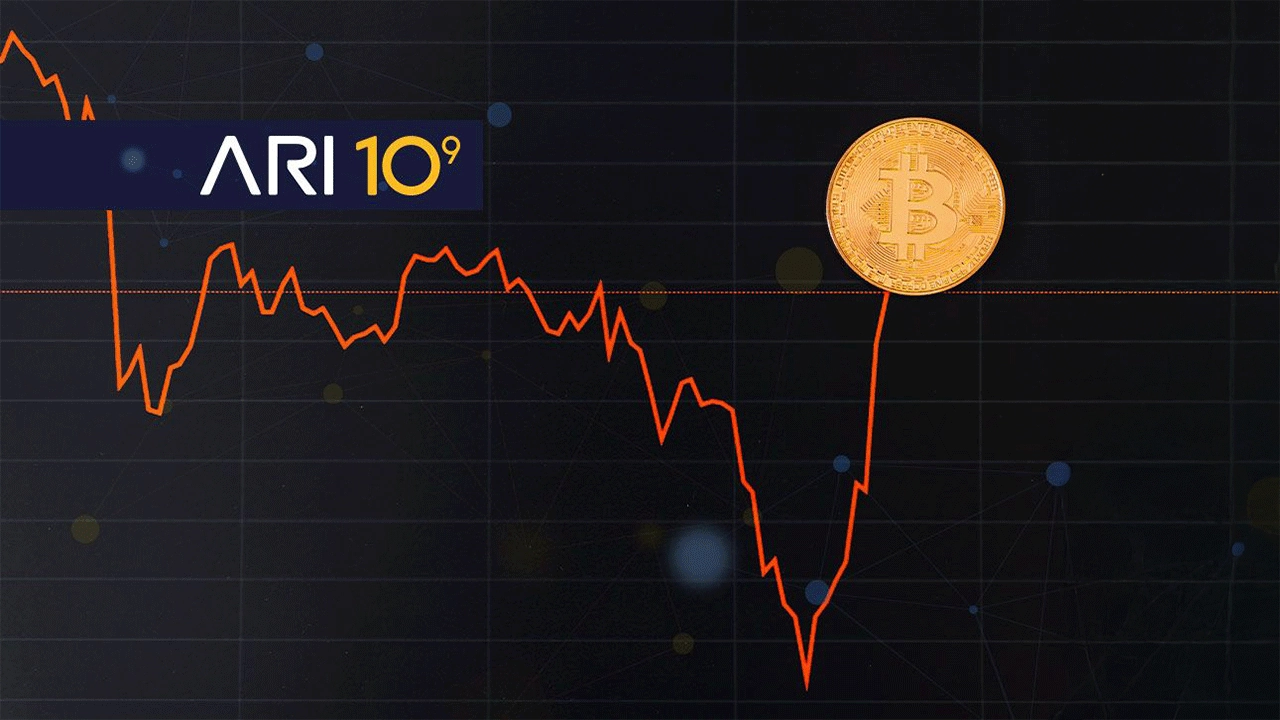The cryptocurrency market experienced a sharp decline today, with Bitcoin plummeting by 15% in a matter of hours. Investors are on edge as regulatory concerns and market volatility continue to shake the confidence in digital assets. What happened before these events?

Top News of the Week #130
Bitcoin 2024, the world's largest cryptocurrency conference, has concluded. On the third day, Donald Trump, currently campaigning for a second term as President of the United States, appeared. During his speech, he promised that if he wins the election, he will "fire" Gary Gensler, the current SEC Chairman, and strengthen the cryptocurrency industry. Additionally, he pledged to block any potential sale of over 200,000 BTC held by the US government. The only promise missing was to add bitcoins to the Federal Reserve's reserves—a statement made by someone else.
Source: FXEmpire
Senator Cynthia Lummis brought up the Fed topic. In her speech, she promised to introduce a bill to add bitcoin to the US central bank's reserves. While details were scarce during Bitcoin 2024, Lummis kept her word and presented the document a few days later. A policy included her plan to purchase 1 million bitcoins over the next 20 years, as well as provisions requiring the Treasury to develop cybersecurity measures for safely storing bitcoins.
Source: Congress.gov
Could the Fed cut interest rates in September? It seems likely. During the July meeting, the central bank decided to keep rates at current levels (5.25-5.5%). At the post-meeting press conference, Jerome Powell, the Fed Chairman, stated that the possibility of rate cuts in September cannot be ruled out. The decision will depend on macroeconomic data that will come in over the next 1.5 months.
Source: Federal Reserve
Related to the above news are new figures on the US national debt, which has reached a new all-time high of $35 trillion. What does this mean? With high interest rates, the cost of servicing debt is high. According to projections by the Peter G. Peterson Foundation, "over the next 10 years, the federal government will spend more on interest payments than on research, development, infrastructure, and education combined."
Source: Peterson Foundation Statement

.webp)
